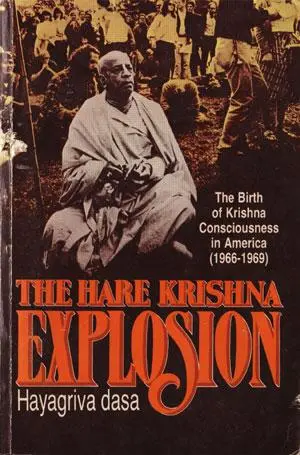Of late, there are some devotees I know, who are having difficulties in life; health issues, impoverishment, depression, etc. Sometimes I am asked for advice or support. I generally don’t like to give advice, as I consider myself fallen by nature. But thinking along these lines of ‘advice and support’ I did a search in Srila Prabhupada’s books to see how a devotee of the Lord deals with suffering. I have posted a couple of nice verses that deal with the Lords Mercy.
The mountains, although being struck by torrents of rain during the rainy season, are not shaken, just as those whose hearts are dedicated to the transcendental Personality of Godhead are never disturbed, even when harassed by great misfortune. (Light of the Bhagavata 12)
Because a person who is spiritually advanced accepts any adverse condition of life as the mercy of the Lord, he is completely eligible to enter into the spiritual kingdom. Even though a person takes to the devotional service of the Supreme Lord, he may sometimes become diseased, impoverished, or disappointed by life’s events. A true devotee of the Lord always considers these sufferings to be due to past sinful activities, and thus without becoming disturbed he patiently awaits the mercy of the Supreme Lord. Such devotees are compared to high mountains, which are never agitated in any way, even when struck by powerful torrents of rain in the rainy season. Rather, such devotees remain humble in spiritual enlightenment. Free from pride and envy, they easily gain the mercy of the Lord and go back home, back to Godhead.




















